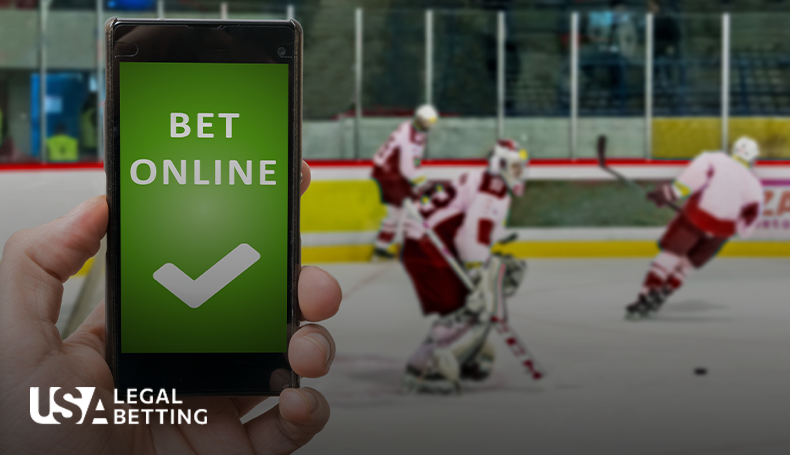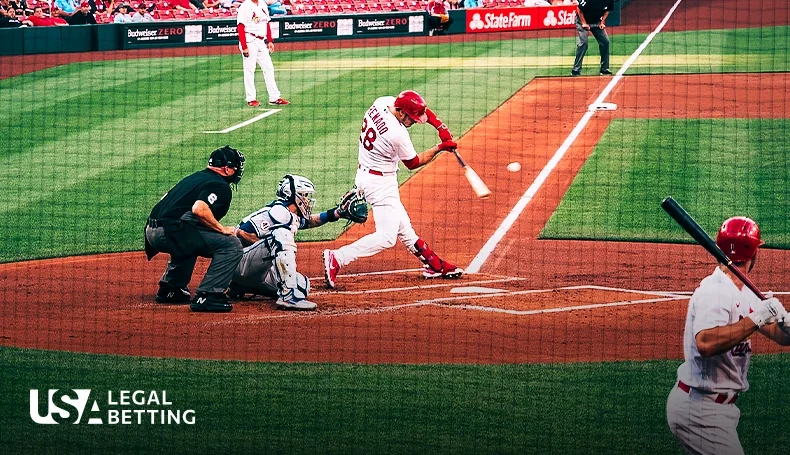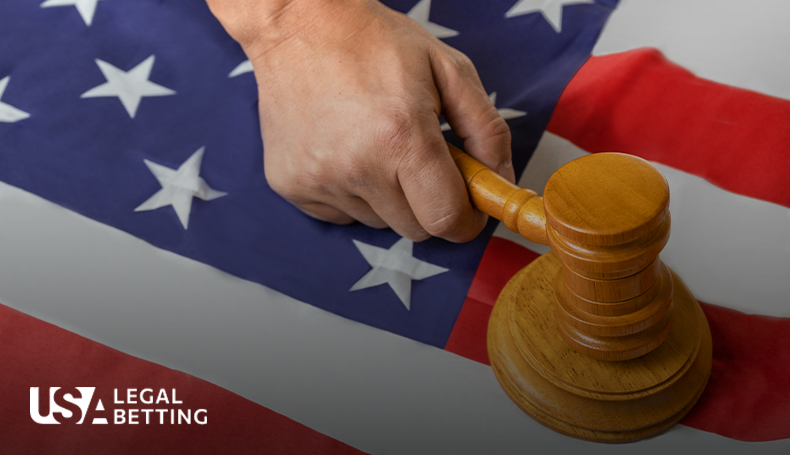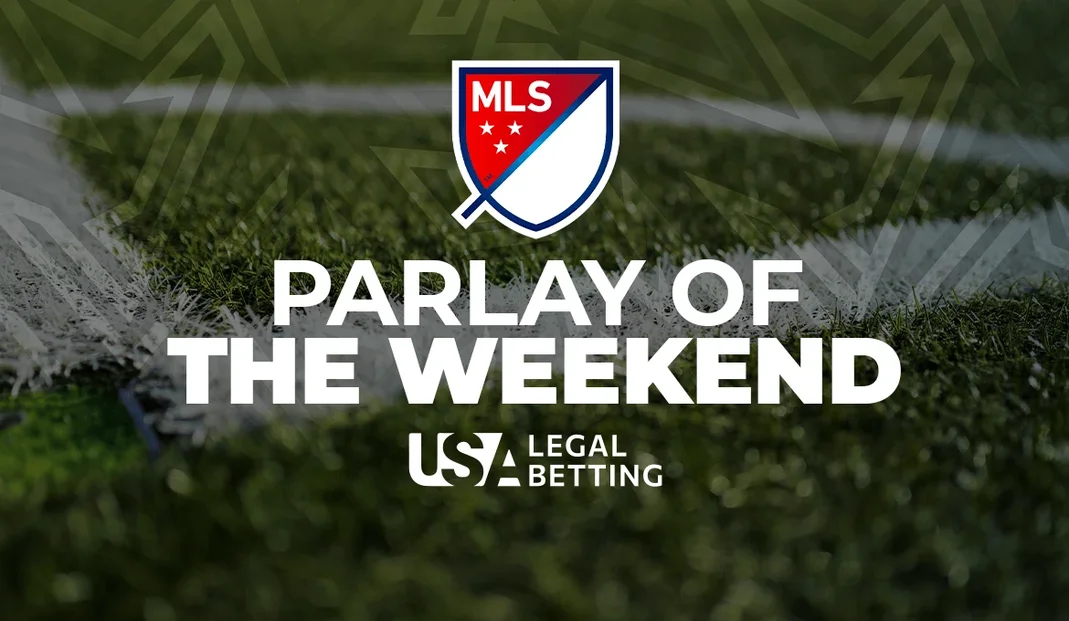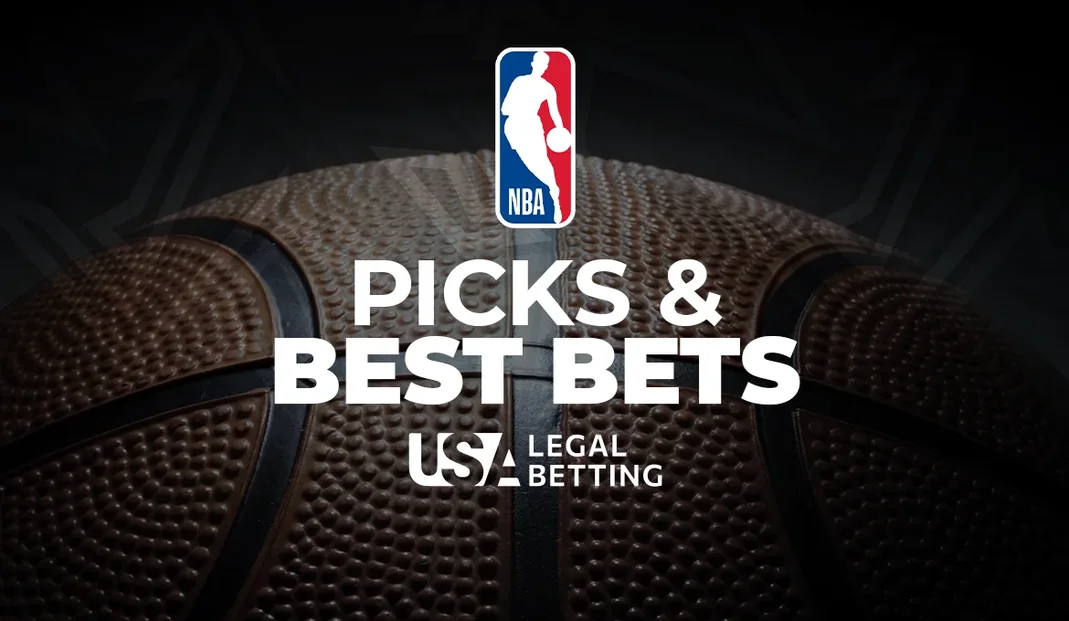Essentially, West Flagler is seeking autonomy from the Seminoles. If a rehearing, or “en banc,” is granted, the board of judges would increase from three to most or all of the active members in the U.S. Court of Appeals.
The compact was first agreed to in August 2021 and granted the Seminoles exclusive rights to operate online sports betting. A D.C. federal district judge ruled in November 2021 that the compact violated the Indian Gaming Regulatory Act (IGRA) because it authorized gambling that did not occur on native land.
The district judge also asserted that processing bets on native territory did not mean that the bets themselves were placed there, thereby stripping the Seminoles of the right to exclusively dominate the online gaming space.
The Court of Appeals took a different perspective on the case. They said the compact “only [authorized] the Tribe’s activity on its own lands, that is, operating the [retail] sports book and receiving wagers,” thereby putting it in line with the IGRA.
A rehearing request is expected to be denied. The next step would be for the case to make its way to the U.S. Supreme Court in what would be a landmark case and precedent for the multi-billion-dollar sports betting industry.
Many states have arrangements related to sports betting with native tribes and casinos. Tribes in these states could offer sportsbook apps and assume control of the market as long as the servers the bets are processed on are housed internally.
These tribes could still have the opportunity to partner with existing sportsbook operators, depending on the terms of the language used in the state’s sports betting legislation and the compact.



